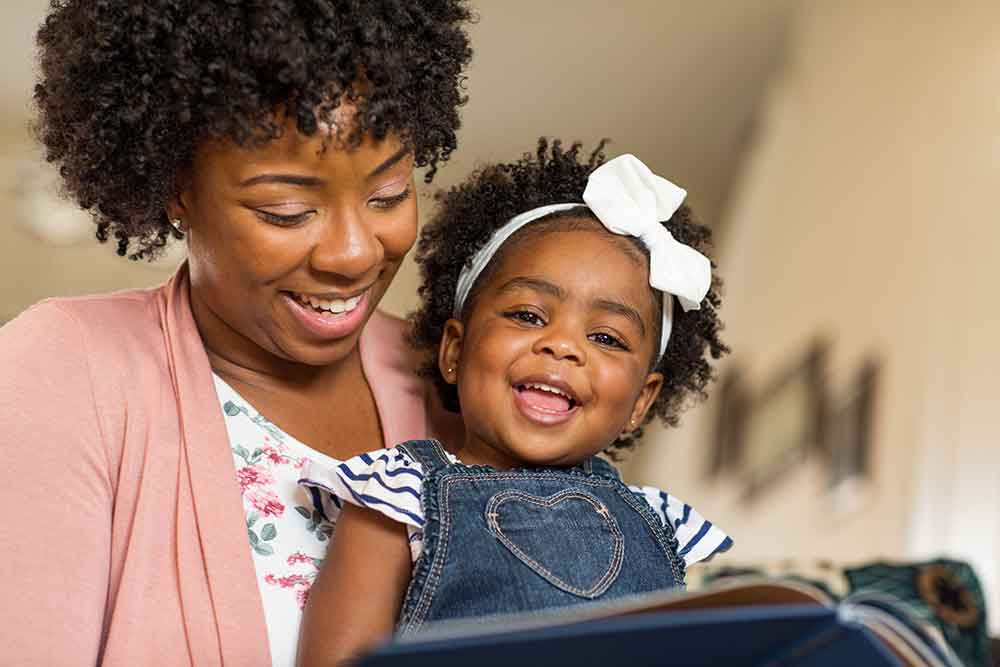kwetu
COMMUNITY
people in our lives

Children in our lives
Children make up one-third of the world’s population, but almost half of the world’s refugees: nearly 50 million children have migrated or been displaced across borders. (UNICEF)
The increasing dangers to which migrant children are exposed to on the migration road are of great concerns. Many of them have left (with or without parents/guardians) because of conflicts, wars, climate changes or due to lack of economic means. In their way, children have seen their parents and family members being killed, beaten and victims of all kind of act of violence, harassment and discrimination. Many of the children and young people have suffered traumatic experiences, They have witnessed the death, abduction or torture of parents or other relatives. They have been the victims of torture, violence, abuse or trafficking.
At the arrival in the host country, the institutions in which they are placed do not always understand or have been trained to deal will such situation and this can have consequences on the services they are provided with.
The gaps in parents’ integration in the society have also made it difficult for children to receive the proper support a home. Some parents have seen children being taken away for them due to different reasons among which limited understanding of the situations faced by migrants’ children and their parents.
Every child deserves to be protected, care for and given the needed support to live a healthy life.
At Kwetu, we advocate for the need for more protection for children and better support for children refugees.
At Kwetu, we are committed to joining efforts to ensure long-term integration of children in the host countries and ensure that parents or guardians have access to the right tools to participate in their well-being and growth. In ensuring that families can stay united, that they have the right access to justice and health as well as the same opportunities.

Men in our lives
Why engage men?
The importance of involving men and boys in advancing gender equality and equity is increasingly being recognized. There is a growing realisation that gender and its norms affect both girls and boys, men and women.
In many countries of origin of refugees/migrants, men still feel that their main role in the family is that of the breadwinner. When unable to perform their tasks as head of the family and as expected by the society, this can have a negative consequence on their identity as they are seeing to be lazy, incompetent or burden to the community.
For those who are not married, there are equally high expectations from their families and communities.
In host countries, a little is being written and said on male refugees yet their integration and participation in the society can be quite challenging. The media has often portrayed refugee/migrant men as violent, rapist and/or aggressive.
Male refugee/migrants have been traumatized by the experiences of the conflicts and war in their country of origin. At their arrival in the host country, this state of mind continues as they fail to integrate properly and become economically independent.
At Kwetu, we wish to create a safe space for men and boys to share, learn and support each other.
Working towards healthy and strong communities is recognizing and embracing each other strength.
Contact us
Have any questions or requests? Call, email or visit us!
Email Address
info@kwetu.org
Call Us
+ 31(070) 8889591
Visit Us
Westeinde 57, 2512 GV Den Haag, Netherlands